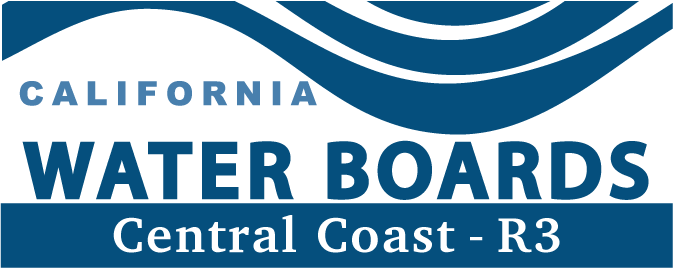Water Boards Structure
State Water Resources Control Board and Regional Water Quality Control Boards Working together to protect California's water resources.
State Water Resources Control Board Mission
To preserve, enhance, and restore the quality of California's water resources and drinking water for the protection of the environment, public health, and all beneficial uses, and to ensure proper water resource allocation and efficient use, for the benefit of present and future generations.
What the State Water Resources Control Board Does
Created by the State Legislature in 1967, the five-member Board protects water quality by setting statewide policy, coordinating and supporting the Regional Water Board efforts, and reviewing petitions that contest Regional Board actions. The State Board is also solely responsible for allocating surface water rights.
Each of the five full-time salaried board members fills a different specialized position (representing the public, engineering expertise, water quality expertise and water supply). The members are appointed to four-year terms by the Governor and confirmed by the Senate.
What the Regional Water Quality Control Boards Do
There are nine regional water quality control boards statewide. The nine Regional Boards are semi-autonomous and are comprised of nine part-time Board members appointed by the Governor and confirmed by the Senate. Regional boundaries are based on watersheds and water quality requirements are based on the unique differences in climate, topography, geology and hydrology for each watershed. Each Regional Board makes critical water quality decisions for its region, including setting standards, issuing waste discharge requirements, determining compliance with those requirements, and taking appropriate enforcement actions.
State Water Board Programs
The State Water Board has four major programs.
- Water Quality
The State Water Board works in coordination with the Regional Water Boards to preserve, protect, enhance and restore water quality.
- Financial Assistance
The State Water Board provides loans and grants for constructing municipal sewage and water recycling facilities, remediation for underground storage tank releases, watershed protection projects, and for nonpoint source pollution control projects. The State Water Board has several financial programs to help local agencies and individuals prevent or clean up pollution of the states water.
- Water Rights
Anyone wanting to divert water from a stream or river not adjacent to their property must first apply for a water right permit from the State Water Board. The State Water Board issues permits for water rights specifying amounts, conditions and construction timetables for diversion and storage. Decision-making stems from water availability, prior water rights and flows needed to preserve instream uses, such as recreation and fish habitat.
- Enforcement
The State Water Board and the nine Regional Water Quality Control Boards are responsible for swift and fair enforcement when the laws and regulations protecting our waterways are violated. The State Water Board has recently created an Office of Enforcement to assist and coordinate enforcement activities statewide. The Water Boards also work with federal, state and local law enforcement, as well as other environmental agencies to ensure a coordinated approach to protecting human health and the environment.
Water Boards' Strategic Goals
- Goal 1 - The Boards' organizations are effective, innovative, and responsive.
- Goal 2 - Surface waters are safe for drinking, fishing, swimming, and support healthy ecosystems and other beneficial uses.
- Goal 3 - Groundwater is safe for drinking and other beneficial uses.
- Goal 4 - Water resources are fairly and equitably used and allocated consistent with public trust.
- Goal 5 - Individuals and other stakeholders support our efforts and understand their role in contributing to water quality.
- Goal 6 - Water quality is comprehensively measured to evaluate protection and restoration efforts.
- Website: www.waterboards.ca.gov
- Email: info@waterboards.ca.gov
- Phone: (916) 341-5254



